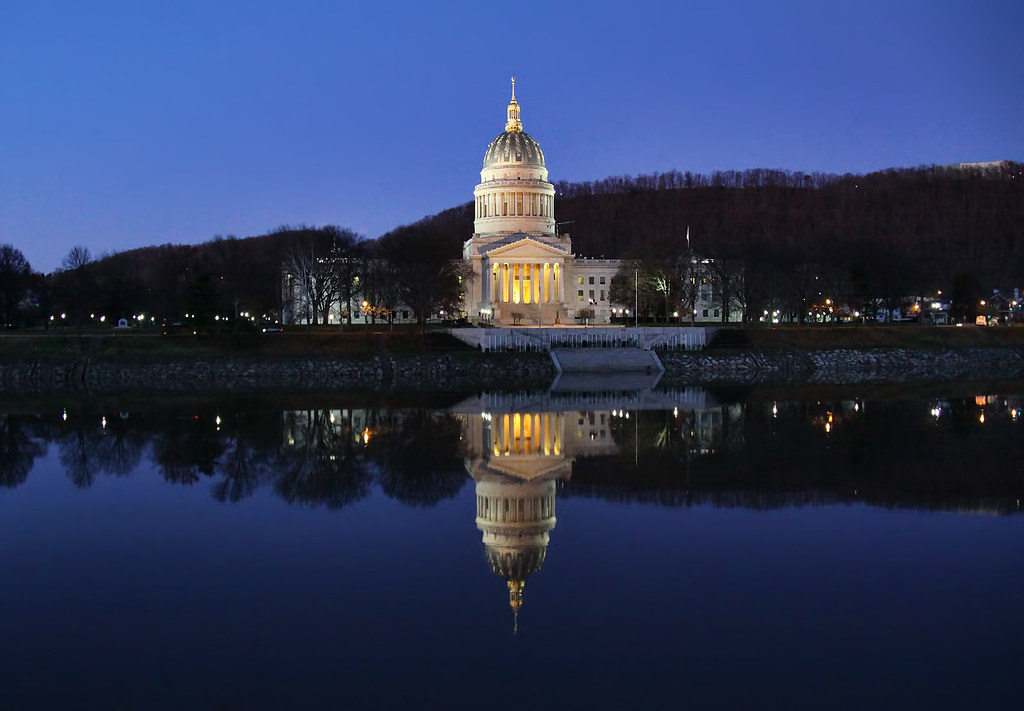Parents across the Mountain State shouted for joy as news of the West Virginia Supreme Court’s ruling in favor of the Hope Scholarship was announced on Thursday, Oct 6th—just two days after the State Supreme Court heard oral arguments in the case.
The battle for education freedom in West Virginia has been long and hard-fought. West Virginia went from virtually no education freedom in early 2019 to having charter schools, open enrollment, learning pods, micro-schools, and the Hope Scholarship (a near universal education savings account) now available to families in 2022. The change is dramatic and brings new opportunity for children in a state that has historically underserved its children in the education system and has limited opportunities for economic advancement in adulthood.
The Hope Scholarship has been aptly named—representing hope and new opportunity for many families who have struggled to meet the educational needs of their children. The Hope Scholarship gives families $4,300 per child per year, which is 100% of the state portion of the education funding formula. Families can use these dollars to individualize their child’s education, paying for tuition, therapies, curriculums, and so much more. This new school choice option is life-changing for many.
“This is a win for West Virginia! It’s a win for kids with special needs, kids who are bullied, gifted children, Christian families, and so many more. I’m elated that the Supreme Court came back with a just ruling! This really means a lot for my son! This will give him the best opportunity moving forward,” exclaimed Andrea McNeely, a mom of a Hope Scholarship student, in a Facebook group dedicated to parents navigating the new program.
The Hope Scholarship was, until the expansion of Arizona’s Empowerment Scholarship Accounts, the nation’s largest and most inclusive school choice program—aiding approximately 93% of West Virginia students with the possibility of expanding to 100% in 2026. In a state that is used to being at the bottom of every ranking, it’s a refreshing change to be leading the pack in education freedom.
Already families are experiencing the benefits of new opportunities opened by the Hope Scholarship.
Kat Mullins, a mom, shared in response to the ruling to uphold the Hope Scholarship, “My child was able to start a private school, and he is doing wonderful! Huge difference from where he was. He has hopes in what he would like to do when he grows up and wants to be involved at school. I am grateful that he will be able to continue!”
Additionally, entrepreneurs are bringing a variety of new education options to the Mountain State that didn’t exist even just a year or two ago. Daniel Pruder, owner of Montgomery Preparatory Academy, a new private school in Montgomery, West Virginia, offered to cover the tuition of families who expected to receive the Hope Scholarship before the program became tied up in the courts. Katie Switzer, a mom of students taking advantage of both the Hope Scholarship and charter schools and one of the parents represented by the Institute for Justice in the Hope Scholarship litigation, launched her own Monongalia Forest School to encourage independence in young children and help them gain an appreciation for nature. These represent just a small taste of the incredible burst of growth in the education sector in West Virginia.
The Hope Scholarship, along with the growth of other education options, is just the start of a miraculous change in the Mountain State. Long looked down upon, the nation is now looking up to West Virginia as an exemplar of education freedom and innovation.
This article was originally published by RealClearPolicy and made available via RealClearWire. Republished with permission.
More great content from School Reform News
